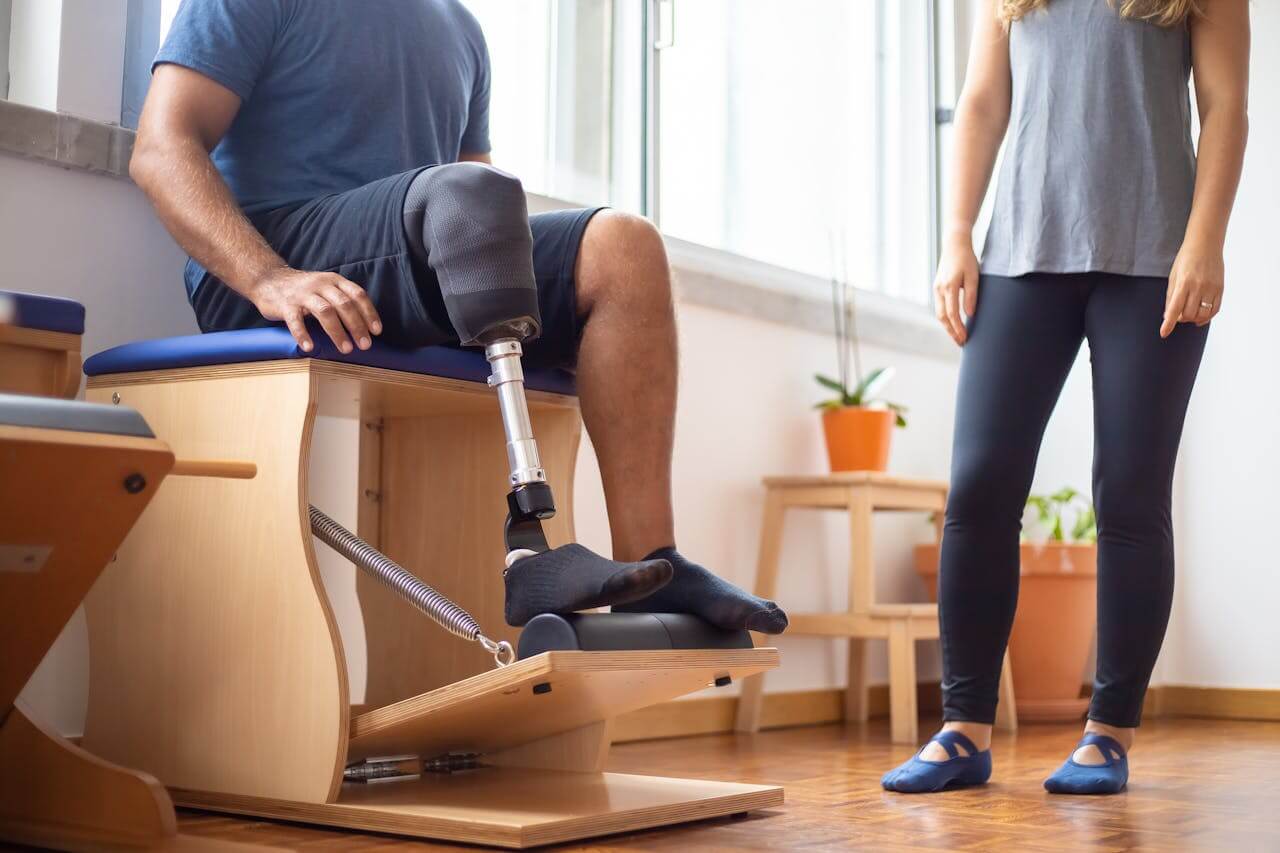Living with limb loss can present unique challenges, but with the right strategies and support, amputees can lead fulfilling and active lives. From mastering daily tasks to embracing new opportunities, there are numerous ways to enhance independence and well-being. In this article, we’ll explore practical tips and insights to help amputees navigate daily living with confidence and comfort.
1. Embrace Proper Prosthetic Care
Maintaining the condition of your prosthetic limb is essential for optimal function and longevity. Regular cleaning and inspection can help prevent issues such as skin irritation and component damage. Follow the manufacturer’s guidelines for cleaning and maintenance, and be sure to address any concerns promptly with your prosthetist.
2. Prioritize Skin Health
The skin around the residual limb is susceptible to irritation and pressure sores, especially during the initial adjustment period. Practice good skincare by keeping the area clean and dry, and use moisturizers recommended by your healthcare provider to prevent dryness and chafing. Rotate your prosthetic socket regularly to relieve pressure points and allow the skin to breathe.
3. Gradually Build Strength and Endurance
As you adapt to life with a prosthetic limb, it’s essential to gradually build strength and endurance through regular exercise and physical activity. Work with a physical therapist to develop a customized exercise program tailored to your abilities and goals. Focus on strengthening the muscles around the residual limb and improving balance and coordination to enhance mobility and stability.
4. Explore Assistive Devices and Modifications
Various assistive devices and modifications can make daily tasks more manageable for amputees. Consider investing in adaptive equipment such as reachers, dressing aids, and modified kitchen utensils to facilitate independence in activities of daily living. Additionally, explore home modifications such as grab bars, ramps, and stairlifts to create a safer and more accessible living environment.
5. Seek Peer Support and Community
Connecting with other amputees can provide valuable support, encouragement, and practical advice for navigating life after limb loss. Join support groups, online forums, or local organizations dedicated to amputee advocacy and empowerment. Sharing experiences and insights with peers who understand your journey can help alleviate feelings of isolation and foster a sense of belonging and resilience.
6. Practice Self-Advocacy
Effective communication with healthcare providers, prosthetists, and insurance companies is essential for ensuring access to quality care and services. Be proactive in advocating for your needs and preferences, and don’t hesitate to ask questions or seek clarification regarding your treatment options and coverage. Remember that you are your own best advocate, and your input is invaluable in guiding your care and decision-making process.
7. Manage Phantom Limb Sensations
Phantom limb sensations, including pain, tingling, and itching in the absent limb, are common among amputees. While these sensations can be challenging to manage, various coping strategies can help alleviate discomfort. Techniques such as mirror therapy, relaxation exercises, and distraction techniques can provide relief and improve overall well-being. Consult with your healthcare provider for personalized recommendations and support.
8. Stay Positive and Maintain a Healthy Lifestyle
Maintaining a positive mindset and focusing on your strengths and accomplishments can help you overcome challenges and adapt to life with a prosthetic limb. Surround yourself with supportive friends and family members who uplift and encourage you on your journey. Additionally, prioritize self-care by eating a balanced diet, getting regular exercise, and practicing stress-reduction techniques such as mindfulness and meditation.
Conclusion
Living with limb loss presents unique physical, emotional, and practical challenges, but with resilience, determination, and support, amputees can thrive and lead fulfilling lives. By embracing proper prosthetic care, prioritizing skin health, building strength and endurance, exploring assistive devices and modifications, seeking peer support and community, practicing self-advocacy, managing phantom limb sensations, and maintaining a positive mindset and healthy lifestyle, amputees can navigate daily living with confidence, independence, and resilience. Remember that every journey is unique, and it’s essential to be patient and compassionate with yourself as you adapt to life with a prosthetic limb.





